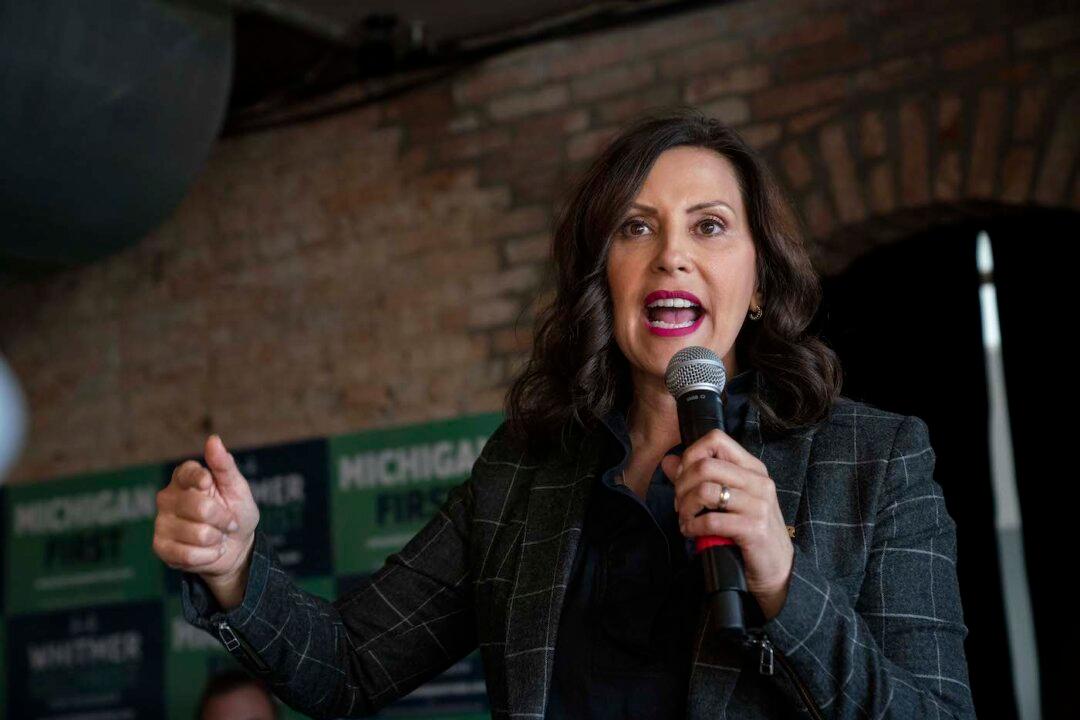Minors’ ability to obtain therapy to help free them from unwanted same-sex attraction and gender confusion is under attack by lawmakers in the Michigan House and Senate.
A package of bills outlawing “conversion therapy” for those under 18 years of age was introduced on May 18. The modern therapeutic approach includes an array of verbal counseling methods by which consenting clients are helped to bring their sexual feelings and identity in line with their biological sex.





